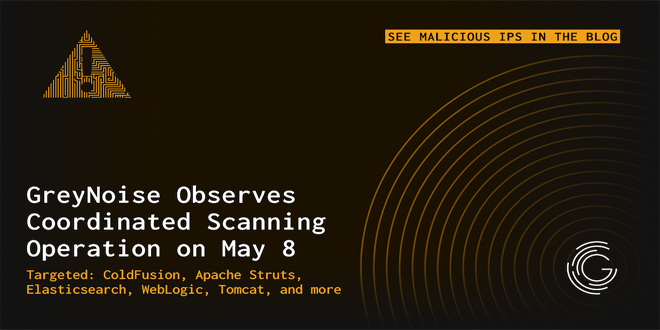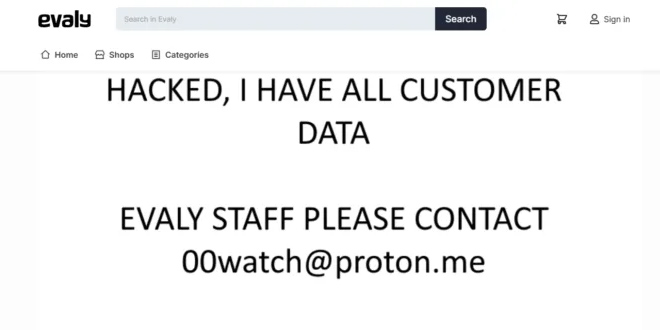Google will pay about $1.4 billion to Texas to settle two lawsuits regarding location tracking and biometric data storage without consent. This $1.375 billion settlement is much larger than previous fines for similar practices: $391 million in 2022 to 40 states, $29.5 million in early 2023 to Indiana and Washington, and $93 million to California later that year.
Texas Attorney General Ken Paxton secured a $1.375 billion settlement with Google for illegal tracking of geolocation, incognito searches, and biometric data.
“In 2022, Attorney General Paxton sued Google for unlawfully tracking and collecting users’ private data regarding geolocation, incognito searches, and biometric data. After years of aggressive litigation, Attorney General Paxton agreed to settle Texas’s data-privacy claims against Google for an amount that far surpasses any other state’s claims for similar violations.” reads the press release published by the Attorney General of Texas. “To date, no state has attained a settlement against Google for similar data-privacy violations greater than $93 million. Even a multistate coalition that included forty states secured just $391 million—almost a billion dollars less than Texas’s recovery.”
The case claimed that Google tracked users’ locations, incognito searches, and collected personal data without permission, even when Location History was disabled.
“In Texas, Big Tech is not above the law. For years, Google secretly tracked people’s movements, private searches, and even their voiceprints and facial geometry through their products and services. I fought back and won,” said Attorney General Paxton. “This $1.375 billion settlement is a major win for Texans’ privacy and tells companies that they will pay for abusing our trust. I will always protect Texans by stopping Big Tech’s attempts to make a profit by selling away our rights and freedoms.”
The settlement is a significant win for Texas privacy and warns companies about breaching user trust.
In July 2024, Texas AG Paxton secured a record $1.4B settlement from Meta over illegal facial recognition data use, adding to prior $700M and $8M settlements with Google.
“Texas Attorney General Ken Paxton has secured a $1.4 billion settlement with Meta (formerly known as Facebook) to stop the company’s practice of capturing and using the personal biometric data of millions of Texans without the authorization required by law.” said the Attorney General of Texas at the time. “This settlement is the largest ever obtained from an action brought by a single State”
Google says it did nothing wrong in the $1.375B settlement, claiming it has already made necessary policy changes and won’t change products as part of the deal.
The settlement covers claims about Chrome’s incognito mode, location history in Google Maps, and the use of biometric data in Google Photos.
“This settles a raft of old claims, many of which have already been resolved elsewhere, concerning product policies we have long since changed,” Google spokesman Jose Castaneda said. “We are pleased to put them behind us, and we will continue to build robust privacy controls into our services.”
Starting December 1, 2024, Google will store Maps Timeline data on user devices instead of on their accounts and will remove web access to that data.
“Since the data shown on your Timeline comes directly from your device, Timeline won’t be available on Maps on your computer after you move your data. To move your data to your device, download the Google Maps app.” reads the announcement published by the IT giant.
 InfoSecBulletin Cybersecurity for mankind
InfoSecBulletin Cybersecurity for mankind














